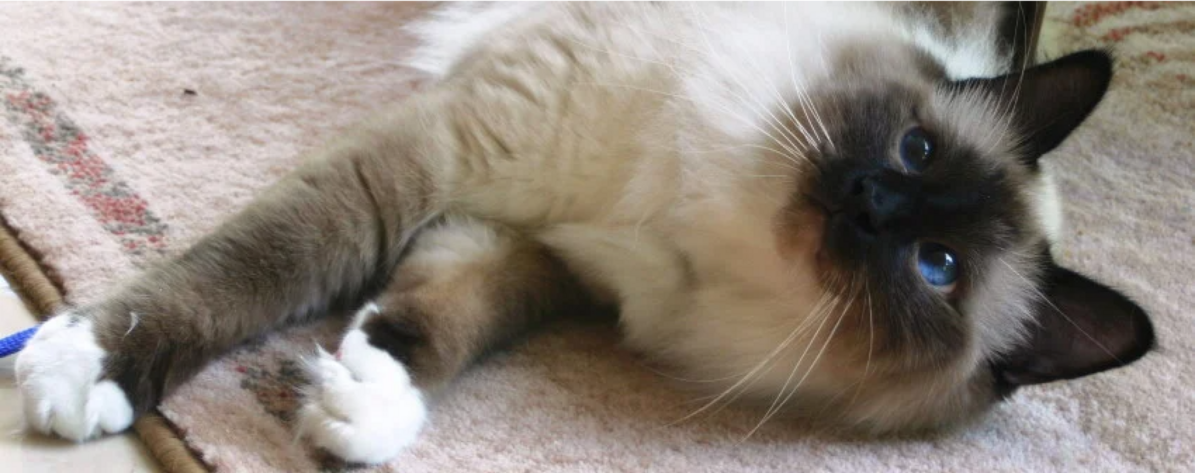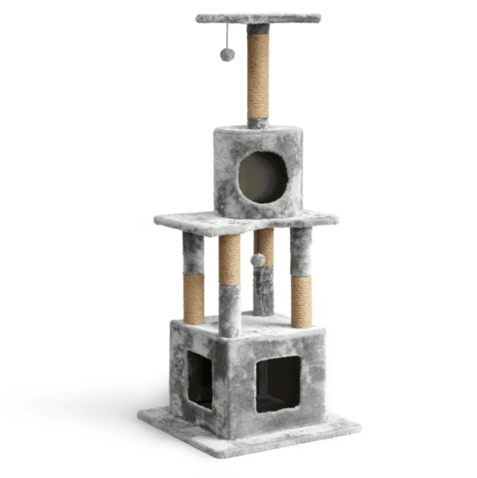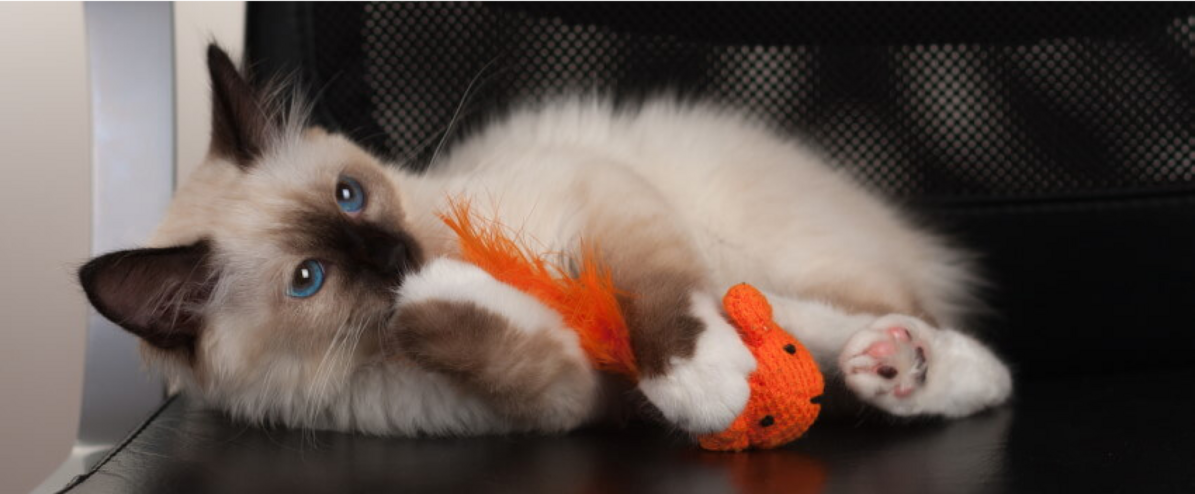While overall quite a robust breed, Birmans are predisposed to several health conditions. As these are genetic, it's recommended to always choose a reputable breeder and check whether their cats have been screened for inherited diseases.
Hypertrophic Cardiomyopathy (HCM)
HCM is a cardiac disease that Birmans are at higher risk of developing. It causes excessive thickening of the walls of the heart, which reduces the effectiveness of the heart's contractions and eventually leads to heart failure.
Signs of heart failure may not be apparent in the early stages of the disease, however as the condition progresses and heart function deteriorates signs such as rapid breathing, lethargy or loss of appetite may develop.
Unfortunately, heart disease in cats can be difficult to recognise or diagnose and sometimes the first sign is severe illness or even sudden death. An echocardiogram (ultrasound of the heart) is used to confirm diagnosis and may also be performed as a screening tool in at-risk cats.
Congenital Hypotrichosis
This is an uncommon inherited genetic condition causing abnormal hair growth. Affected kittens are born with no or very little hair and may have an impaired immune system that leaves them more susceptible to developing serious infections. Cats with immune system involvement rarely survive to one year of age. As the gene responsible for this defect is recessive, parents that carry the gene can look completely normal. It is recommended to avoid breeding known carriers to prevent the trait from being passed down.
Haemophilia
Another uncommon inherited condition in Birman cats is haemophilia B, a blood clotting disorder which involves a deficiency in factor IX, a vital component of the blood clotting pathway. This disorder mostly affects males and can be life threatening. The inability of the blood to clot means that without intervention, any bleeding can continue indefinitely. The condition can be screened for prior to breeding, or prior to any veterinary procedures or surgery.








